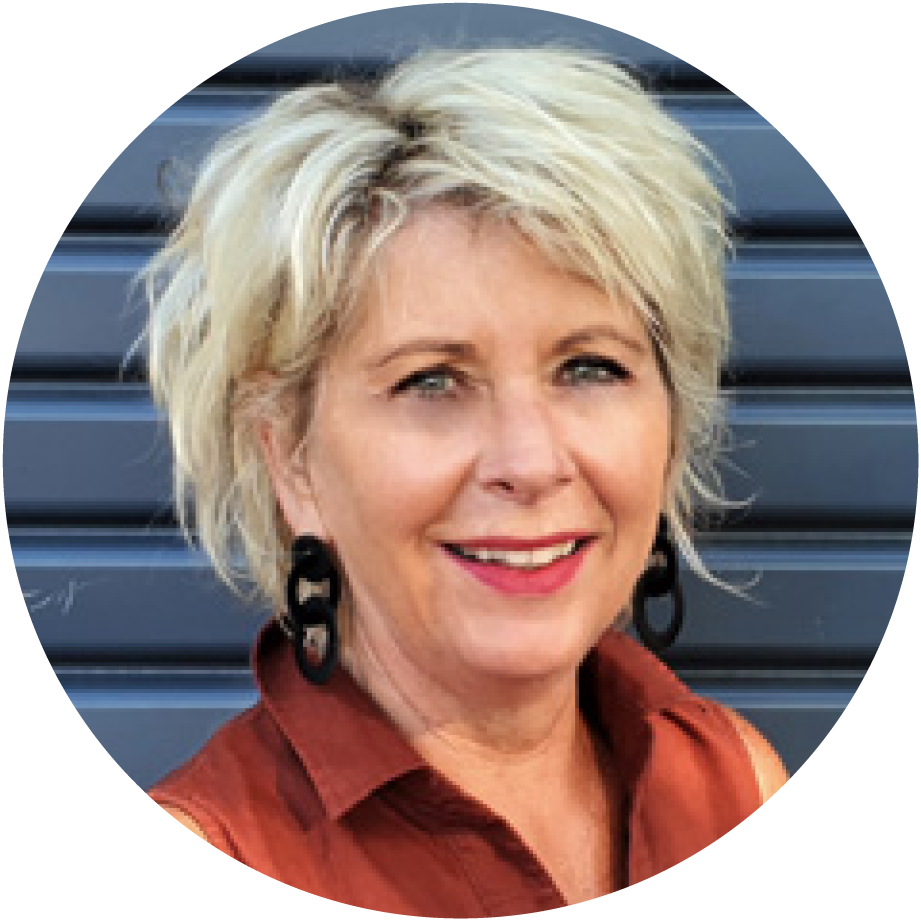Table of contents
Recommended for you

The art of bringing your people on the journey
The professional development needs of managers and leaders are forever changed by the global pandemic. Over the past two years the way we work, market, communicate, and collaborate has changed, perhaps more than we ever thought possible. And it is still changing.
The demands on leaders are exponential. What it means to be a leader is changing too, along with the skills and competencies that leaders need to be effective. To nurture and develop great leaders, their development has to reflect the realities, challenges, and opportunities of leadership in our current COVID world, and ready them for what’s to come.
That leaders and managers have an abundance of technical skills is a given; what’s needed in these challenging and uncertain times is an abundance of soft skills. What we’re referencing is the kind of skills and behaviours such as communication, empathy, resilience, consultation, vulnerability, transparency, self-reflection, and optimism, to name just a few. These leadership attributes collectively promote trust and psychological safety amongst a team or a workforce.
In every communication and action leaders are conveying a message, both overt and subliminal, with teams watching and listening for meaning. The most effective leaders are ones where there is alignment between message and behaviour. Failing to “walking the talk” can be catastrophic, eroding trust, and affecting culture, and productivity.
How do we give our leaders that extra support, to give them the X-factor? Coaching leaders can’t be a “one size fits all”, or from a box off the shelf. Leaders are the sum total of their values, experience, education, and upbringing. As such, each is unique and their leadership development needs, while similar, will all differ to some extent.
The most effective leaders are ones where there is alignment between message and behaviour. Failing to “walking the talk” can be catastrophic, eroding trust, and affecting culture, and productivity.
Professional development for leaders has to keep pace with the rate that the workplace is changing. Identifying development needs and customising an individual approach will ensure that leaders get the right support to grow and be more effective.
AskYourTeam’s involvement surveys measure leader and organisational effectiveness, by asking employees and leaders for their feedback. Employee insights is the litmus test against which leader feedback is measured. It provides powerful information to help develop leaders, cultures and organisations. With more than 14 million data points we have huge insights into the team, organisational, sector, and individual development needs of New Zealand’s leaders.
To find out more about the leadership effectiveness development opportunities we offer, contact us for a chat. We’d love to help.









